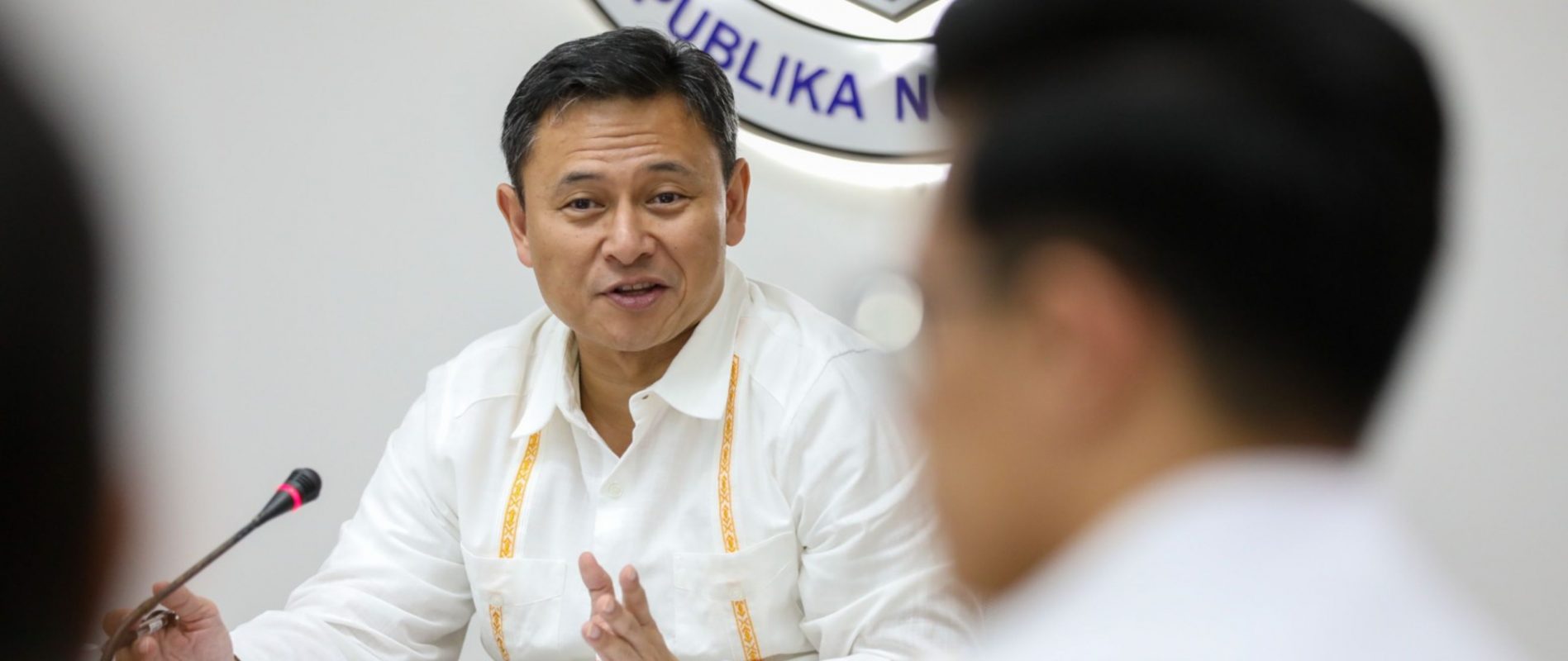SENATOR SEEKS INVESTIGATION INTO PROLIFERATION OF ONLINE SEXUAL ABUSE OF CHILDREN
SENATOR Sherwin Gatchalian has filed a resolution seeking to investigate the growing issue of online sexual abuse and exploitation of children in the Philippines, aiming to create a safer online environment for young people.
“It is important that we ensure child protection systems are functional to address the reporting, response, prosecution, and rehabilitation of children victimized by perpetrators of online sexual abuse and exploitation,” Gatchalian said in filing Senate Resolution 1229.
He noted that the Philippines has become a global hotspot for online sexual abuse and exploitation of children, due to factors such as poverty, underdevelopment, the rise of digital payment systems, the relatively high English proficiency of Filipinos, and the high demand from foreign perpetrators exacerbating the issue.
The senator also highlighted the findings of the recent Scale of Harm report by the International Justice Mission, which revealed that nearly half a million Filipino children were trafficked online via live streaming in 2022.
He pointed out that about 74% of sexual abuse cases against children were perpetrated by individuals within the victims’ “circle of trust,” such as parents, close relatives, and those who hold moral influence over the child.
Additionally, data from the Philippine National Police’s Women and Children’s Protection Center showed that more than 17,600 cases of child rights violations were reported in 2023. A significant number of these cases involved online sexual abuse and exploitation.
“With the proliferation of OSAEC seriously threatening the safety and welfare of Filipino children, there is a need for the Senate to ensure that all stakeholders— including law enforcement agencies, national and local governments, and the private sector— prioritize child protection and unite against the exploitation of children,” Gatchalian emphasized.
The senator also stressed the importance of strengthening international cooperation to improve data sharing and cross-border prosecution, increasing the accountability of digital platforms (including social media companies) to proactively detect and remove harmful content, and launching comprehensive public awareness campaigns to educate vulnerable communities about the dangers of OSAEC.














